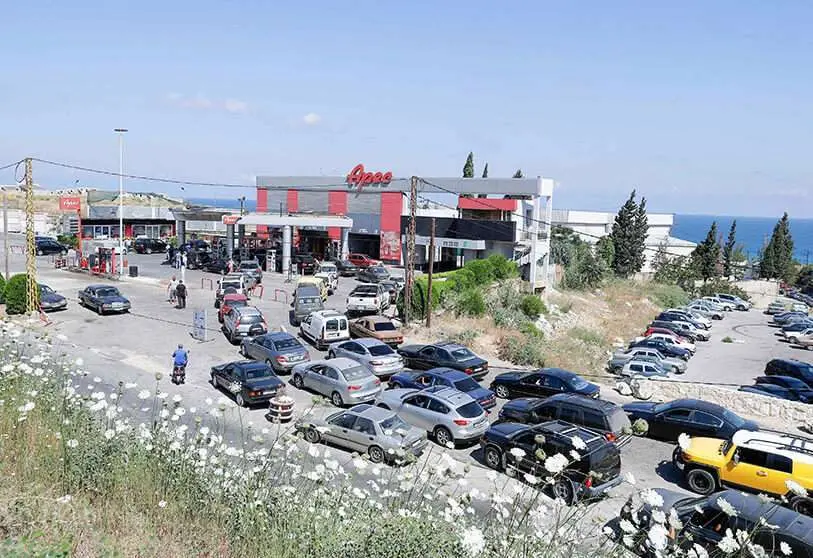Oil smuggling in Lebanon aggravates the economic crisis

Lebanon has been in a deep economic crisis since 2019, exacerbated by the political deadlock the country has faced since the Beirut port explosion last year. In the aftermath of the catastrophic incident, the prime minister and the rest of his government resigned, causing a power gap that continues today as the country has been unable to form a new government.
The arrival of the pandemic caused by COVID-19 has made this situation even worse, as the sanitary measures imposed in Lebanon have led to the closure of numerous businesses, as well as an increase in unemployment, especially among the younger population. The economic situation is becoming increasingly critical in the country, and smuggling has become the livelihood of many Lebanese in the face of a situation that does not seem to have a solution.

Smuggling subsidised goods such as fuel or flour to Syria is becoming a common practice. Traffickers in Lebanon buy goods subsidised by the Bank of Lebanon and resell them across the border for large profits. The neighbouring country is also an ideal territory for this practice as it is also in the midst of a deep economic crisis resulting from the decade-long conflict. In addition, Syria suffers from a massive petrol shortage, which has made the country a perfect haven for fuel smuggling from Lebanon.

The Lebanese authorities, aware of these developments, have announced that they will ban vehicles without special authorisation from crossing the border in order to put an end to smuggling activities. The customs directorate in the Bekaa (eastern Lebanese region) has decided to prevent Lebanese motorists who do not meet certain pre-established conditions, and in particular those who do not have an authorisation issued by the customs directorate, from crossing the Masnaa border crossing point, an international road connecting Lebanon with Syria.
Reactions to this measure have been swift. Dozens of demonstrators blocked the road connecting the country with Syria in protest against the decision to limit passage through customs. As reported by the National News Agency, the demonstrators demanded that the decision be applied to all those crossing into Syria or else be scrapped. Lebanon itself has been affected by fuel shortages, with car users forced to queue for hours to fill up. Last April Lebanon's energy minister blamed chronic fuel shortages on smugglers exporting subsidised supplies to Syria.

But Lebanon is not only suffering from fuel shortages, electricity shortages have also increased. According to Arab News, the hours of electricity rationing in several regions have reached minimum levels, with supply in some areas no longer exceeding half an hour a day. Lebanon has been on the verge of economic collapse for too long, having failed to form a government since August last year following the tragic explosion in Beirut harbour that killed 215 people, an incident that remains unclear today. The World Bank ranks Lebanon as one of the worst economic crises of the 21st century.
The WB has estimated that the country's gross domestic product (GDP) will contract by 9.5 per cent in 2021, after contracting by 20.3 per cent in 2020 and 6.7 per cent the previous year. This represents a 40 per cent fall in GDP since 2018. Moreover, in the face of this precarious economic situation in March 2020, Lebanon defaulted on its debt for the first time in its history, as the local currency lost more than 85 per cent of its value.










